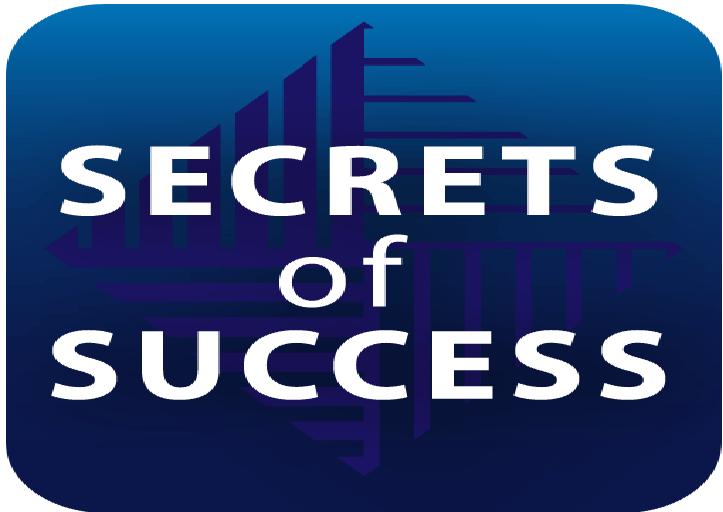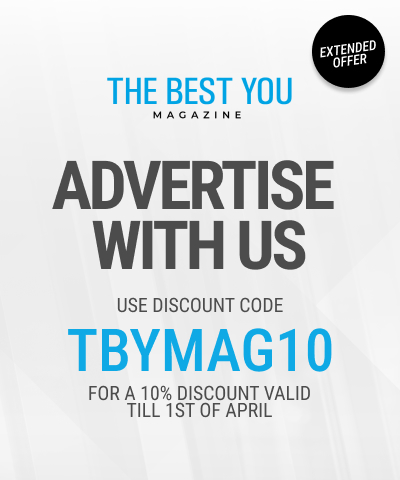I’ve been pitching for 25 years, which may surprise you, but I started at a very young age. During that time, I’ve had some notable successes – a prime time BBC TV series, hits in the music charts with two bands, twelve years on stage at London’s prestigious Comedy Store, formats sold in territories around the world and guest of honour at our local Royal Wedding street party. Actually, I may be mistaken about the last one. Is the guest of honour the person who has to sit on a table by themselves?
You can imagine that, to succeed in any of these ventures, I had to pitch to someone. I had to pitch my idea, pitch my program format, pitch my band and, most of all, pitch myself.
But did I succeed every time? No, of course not. The audience or client always have a choice. They are looking at other possibilities, other suppliers, other pitchers, and the biggest threat of all doesn’t come from your competitors, it comes from the client’s propensity to do absolutely nothing at all.
Over those 25 years, countless people have asked me to share my secrets, so I thought I’d take this opportunity to share with you a taster of my Seven Secrets of a Successful Pitch, and I hope that you’ll want to learn much more by reading The Pitching Bible.
Secret 1: It’s All About Them
Don’t plan for what you want to say, plan for what you want the audience do, so rather than spending time rehearsing your words, spend time rehearsing the result you want to achieve. Later on, you’ll discover how Al Gore did this.
Secret 2: By The Time You Start, It’s Already Too Late
I once overheard the receptionist of a big advertising agency whisper into the phone, “those losers from (a company) have arrived”. The CEO of the agency called me later to say that, despite being the incumbent supplier for the contract, they hadn’t won the pitch that the client, the “loser” had come to hear. The receptionist had been talking about the agency’s client!
The agency’s attitude screamed, “We don’t want your business!” long before the client came anywhere near their offices.
How do you show how much you want to win your pitch, long before it has even begun?
Secret 3: Steady, Ready, Pitch!
The audience has to be ready to listen before you start speaking. Get their attention and get into rapport with them, but avoid ice breakers, because they actually distract from the topic of your pitch and break rapport. Pausing before you begin is a sign of control, so take all the time you need. After all, it’s your pitch!
Having control at the start of your pitch makes it all the easier to maintain throughout.
Secret 4: Dream The Dream
A few years ago I was invited to a lecture at the Edinburgh Television Festival to hear Al Gore speak. As I sat in the front row I got an insight into how he helped persuade the world that global warming was such a threat to our lives. When we met afterwards, I thanked him for his moving lecture and if he was conscious that he used such rich and evocative language that spoke to everyone. He thought for a moment and said “I just watch the faces of the people and use the language that makes them react”.
In short, he connected his dream with his audience.
Secret 5: Mind Your Language
Your language conveys the raw information that your audience needs to make a decision.
For example, traditional sales training advocated selling benefits rather than features. A nice idea in principle, but let down by poor execution.
Try “benefit because feature” instead, and you’ll win more pitches because The Pitching Bible contains all of the seven secrets that you need for winning pitches.
Secret 6: Say It Again, Sam
Get your message across in as many different ways that you can, and realise all of the different communication channels that you’re not using; the way you dress, the way you walk into the room, what you say in the invitation email all communicate your intention, and when all of those factors are aligned, you multiply the power of your message.
I’ve now mentioned Al Gore’s lecture three times, because I can use the example in at least three different ways. How many ways can you get your message across?
Secret 7: The End… Or Is It?
Every rock star understands the importance of an encore. It’s the thing that most concert-goers rave about. Some performers make the audience wait for up to an hour before being reluctantly coaxed back onto the stage for one more song.. or two.. or ten.
What’s the encore to your pitch? Do you send a DVD with the video highlights? A thank you card? As an absolute minimum, you must send a follow up letter; not an email but a letter that demonstrates how much you want their business.
Is it the end of this blog article already? I’m afraid so, but like any good story, it can live on in your mind. And of course, you can read the book and share it with your friends and colleagues, so as this particular blog article ends, the next step of your journey is just beginning.
The Pitching Bible by Paul Boross is available from The Best You , here.
Ebook formats are also available.
Find out more about our trainings to help you become a better communicator, here.





